Demystifying Fats: Why Healthy Fats Should be Part of your Diet

Demystifying Fats: Why Healthy Fats Should be Part of your Diet


By Luigi Gratton M.D., M.P.H.
VP, Training, Herbalife Nutrition
From talk shows to newspaper articles to social media, the advice on when to add, or subtract, fat from our plate is continually changing. These mixed messages, combined with the latest trendy diets, can be confusing.
Our bodies need fat to stay healthy. But the types of fats we should include in our diet, and their sources, can be confusing. The key is to know how much fat you need to eat for optimal wellness.
HERE’S WHAT YOU NEED TO KNOW ABOUT HEALTHY FATS
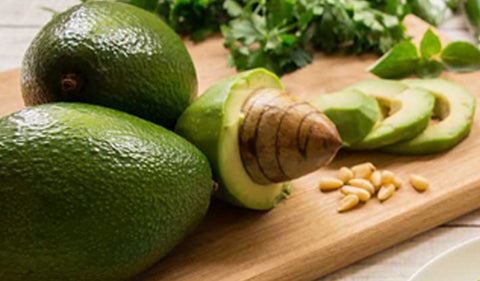
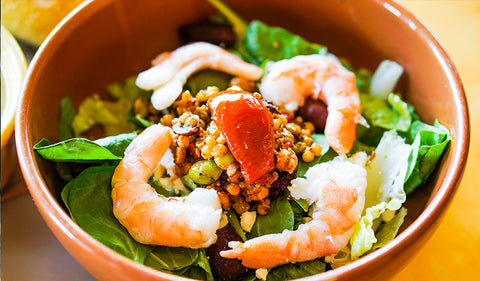
Valuable Vitamins and Minerals
Vitamins and minerals are beneficial for our health and specially for the development of children. However, not all of us consume enough of them. Vitamin D is one of the most important vitamins, as it is key to good bone health and to boost our immune system and muscles.
Vitamin D is a fat-soluble vitamin, meaning it is absorbed in lipids and stored in the body tissues for use. For many generations, our ancestors obtained vitamin D from the environment and foods. Today this has radically changed because people do not spend much time outdoors.
This also happens with magnesium. A mineral which is important because it is involved in over 300 different chemical reactions in the human body. The mineral is present throughout our planet, in rocks and water coming from springs or rivers. Years ago, magnesium was in natural water taken from rivers; while in contrast. Today water treatment provides a different mineral composition, and in some cases without sufficient amounts of magnesium. Dietary supplements can also help with magnesium intake. Workout and sport products such as Herbalife24® CR7 Drive, endorsed by Herbalife Nutrition-sponsored soccer star Cristiano Ronaldo, deliver magnesium, which is one of the body’s electrolytes that keeps muscles functioning. This is one reason why athletes and sporting types use these kinds of product.
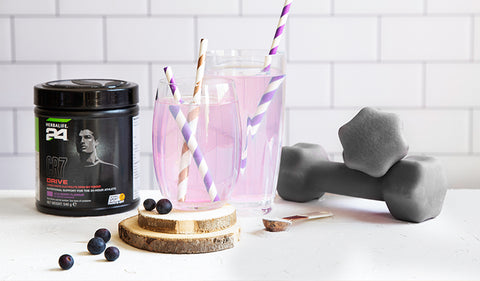
Here are 5 high-fat foods that are incredibly healthy and nutritious
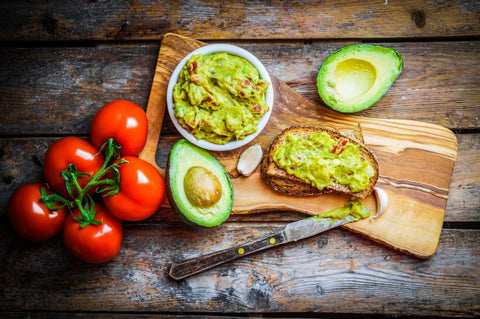

Dark Chocolate
with at least 70% cocoa is high in fat, fibre and contains over 50% of the recommended daily amount of iron, magnesium, copper and manganese. It’s also loaded with antioxidants which can lower blood pressure and protect LDL cholesterol in the blood from becoming oxidised.
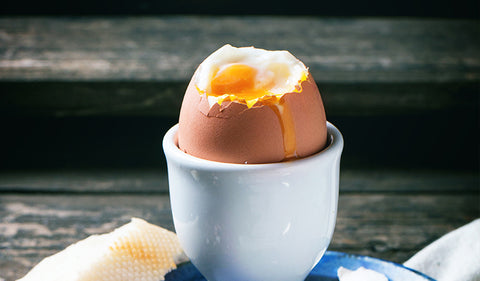
Whole Eggs
are high in cholesterol & fat, and are one of the most nutrient-dense foods on the planet. They are loaded with vitamins & minerals and contain almost every nutrient we need including protein – most important nutrient for weight loss, and choline, an important brain nutrient.
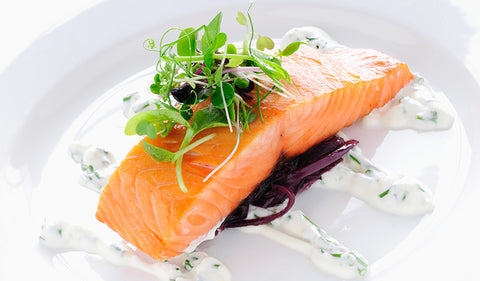
Fatty fish
like salmon, trout, mackerel, sardines and herring are loaded with heart-healthy omega-3 fatty acids, high quality proteins and other important nutrients.
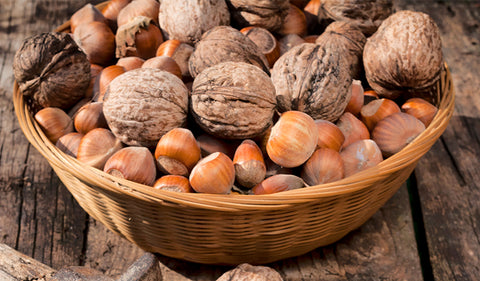
Nuts
are high in healthy fats and fibre and are a good plant-based source of protein, vitamin E and magnesium. Healthy nuts include almonds, walnuts, macadamia nuts, among others.
